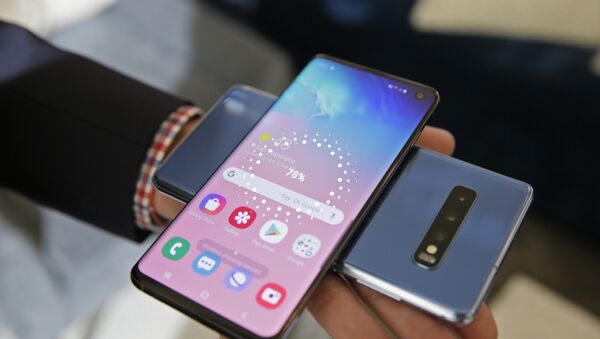Over the last two years, Chinese smartphone player Xiaomi has been reigning over the Indian market due to a wide variety of products and affordable pricing, but amid brewing border tensions, this year the brand lost its top spot to South Korea's Samsung.
Counterpoint’s estimates suggested that Samsung captured 24 percent of the Indian market share in the third quarter of 2020, i.e between July and September. The former reigning Xiaomi, however, only clocked 23 percent of the market share, securing the second spot.
Woah! @SamsungIndia is back to No. 1 position in Indian Smartphone market according to @CounterPointTR
— Arun Prabhudesai (@8ap) October 28, 2020
Samsung increased their market share by 4%, whereas @XiaomiIndia lost 3% share compared to Q3 last year
Interestingly, @realmemobiles too lost 1%
Big win for Samsung!! pic.twitter.com/XmKFHhJqQu
With over 600 million users, India is the world’s second largest smartphone market, and is dominated by the Google-owned Android operating system. In recent years, Chinese smartphone brands like Xiaomi, OnePlus, Oppo and Vivo, among others, have taken the helm in the Android phone segment in India’s diverse market.
The news has created ripples on social media, launching tech-loving Indians into the thrill of the market war:
South Korean Samsung back at No. 1 in India , beats Xiaomi for top spot in 🇮🇳 smartphone market
— Megh Updates 🚨 (@MeghUpdates) October 29, 2020
Amongst other , 'Made in India' Strategy and Anti-Chinese sentiments a Major Reason
This is official......did samsung announce? That its no 1 now? pic.twitter.com/5OcWplbLTm
— Mohammed ismail (@MohDSmile8) October 29, 2020
Here in India Apple and Samsung are becoming more aggressive day by day samsung was the only brand here with 4 percent growth in sales in q3 and rest brand like xiaomi, rralme , oppo had a fall of 2 to 3 percent
— Shivesh Sehgal (@ShiveshSehgal) October 28, 2020
Chinese tech firms have recently faced flak in India after 20 Indian soldiers were killed in a violent clash with Chinese troops in Galwan valley in Ladakh in June this year. Later, citing national security reasons, India banned 233 Chinese apps – a move that was applauded by Indian citizens, who called for boycotting goods made in China. Indian analysts have previously said that Chinese apps and brands will have a tough time re-claiming their popularity in the Indian market.




